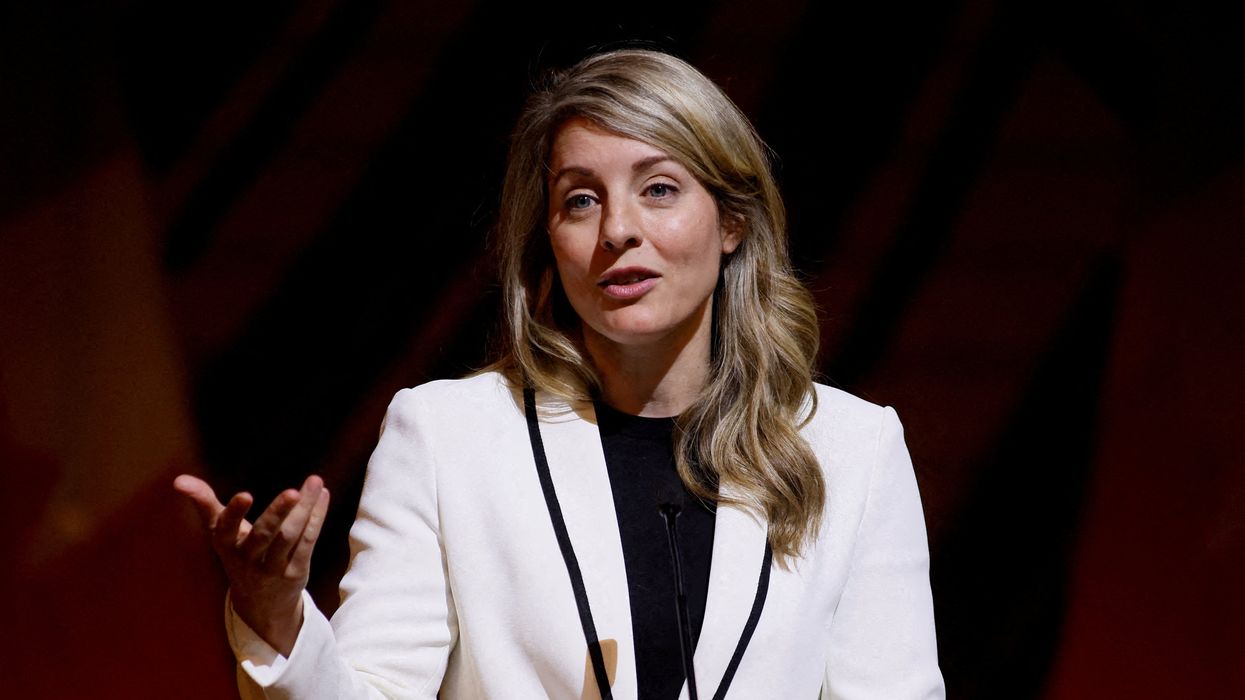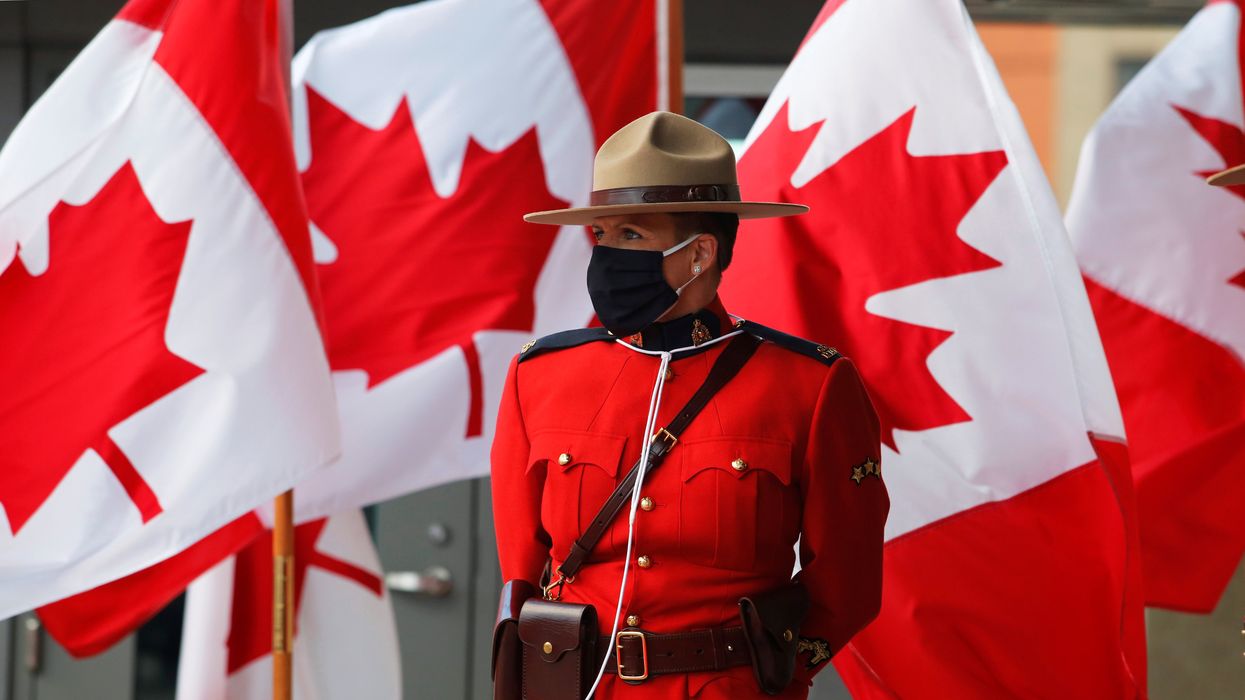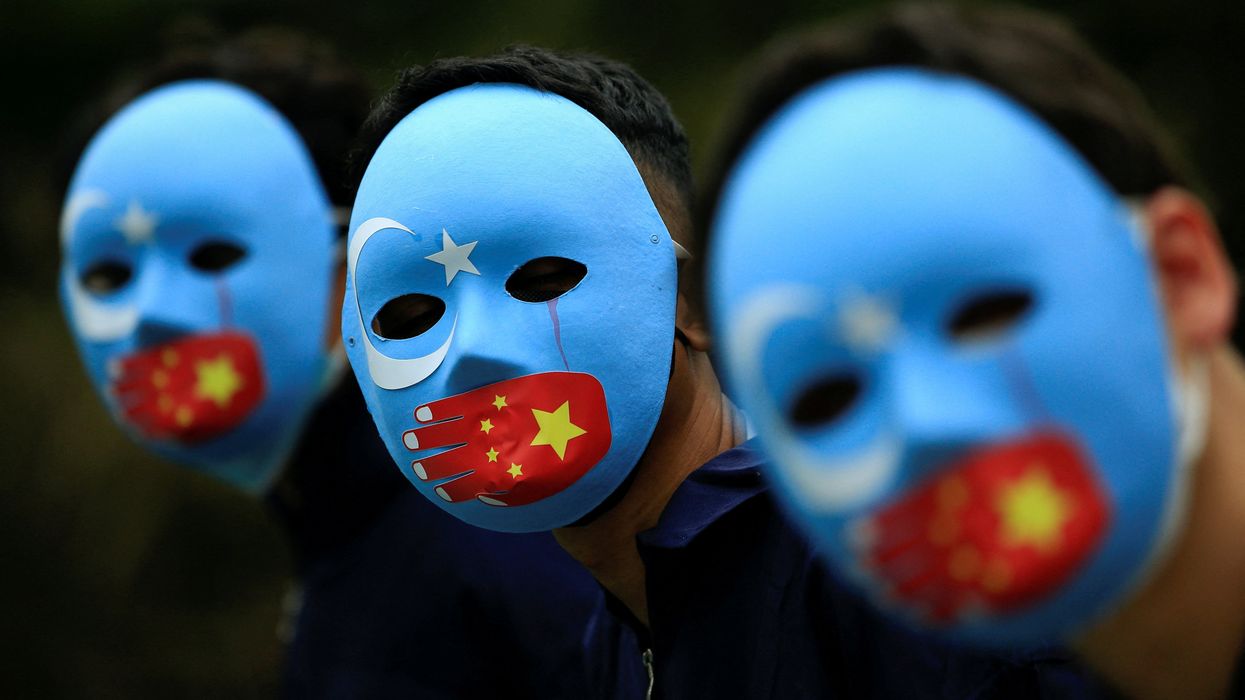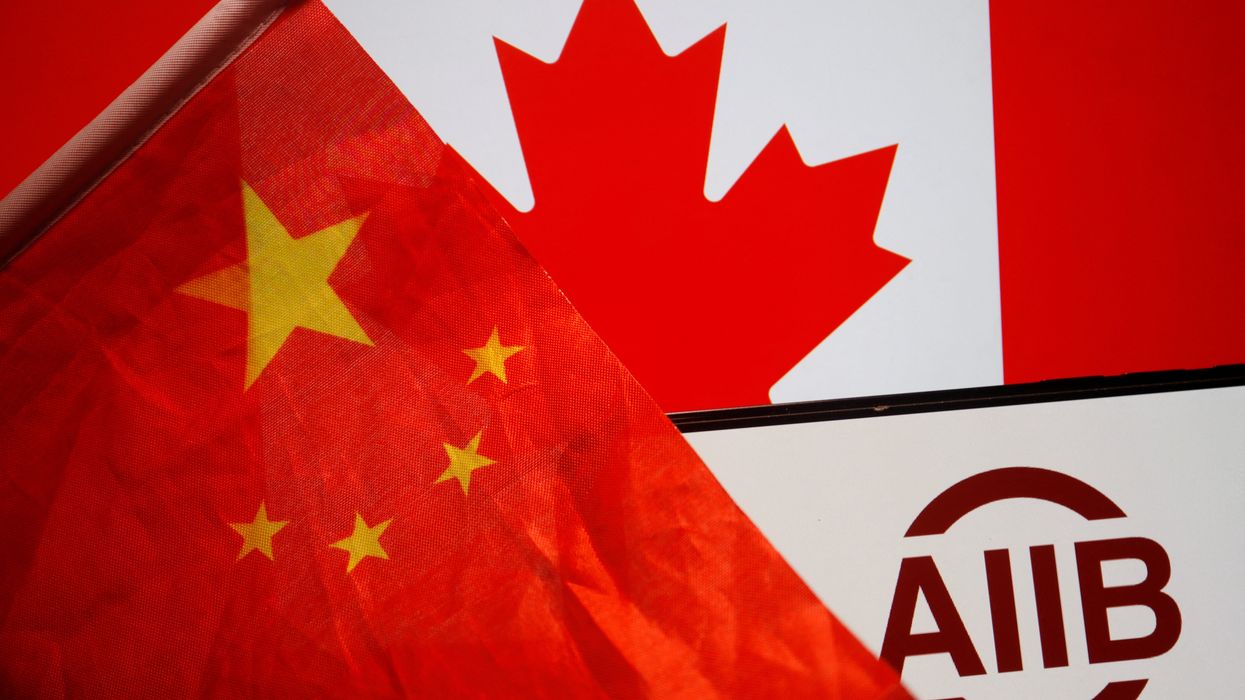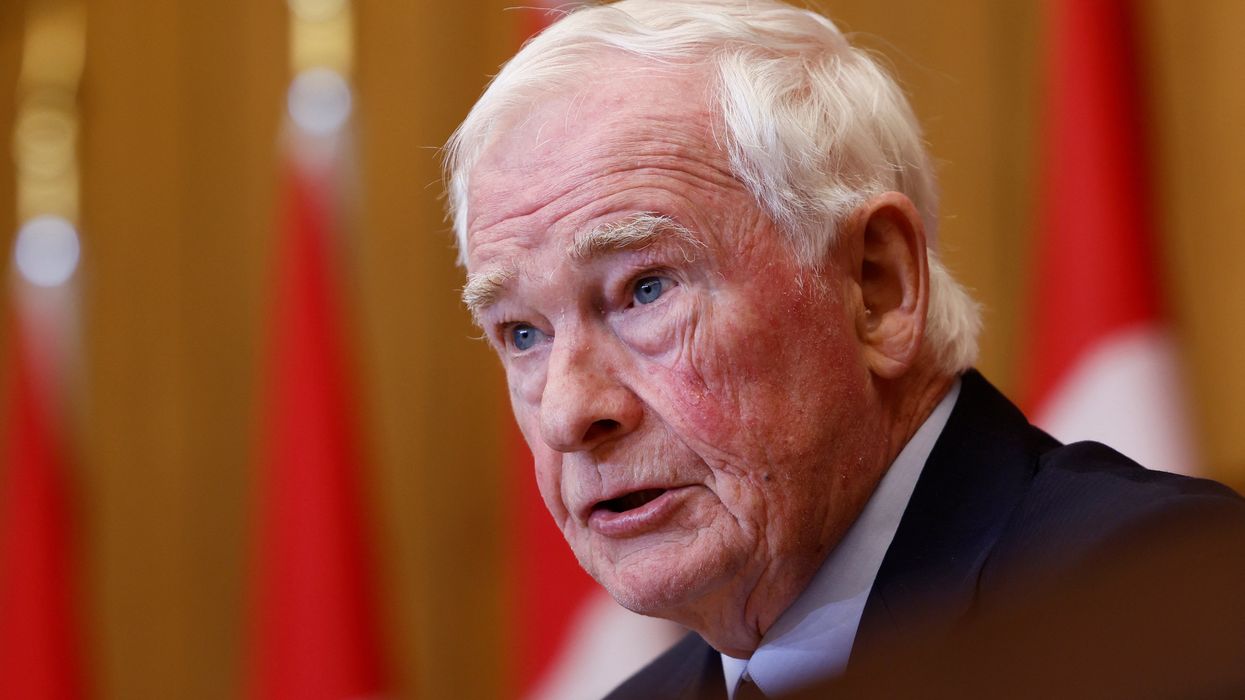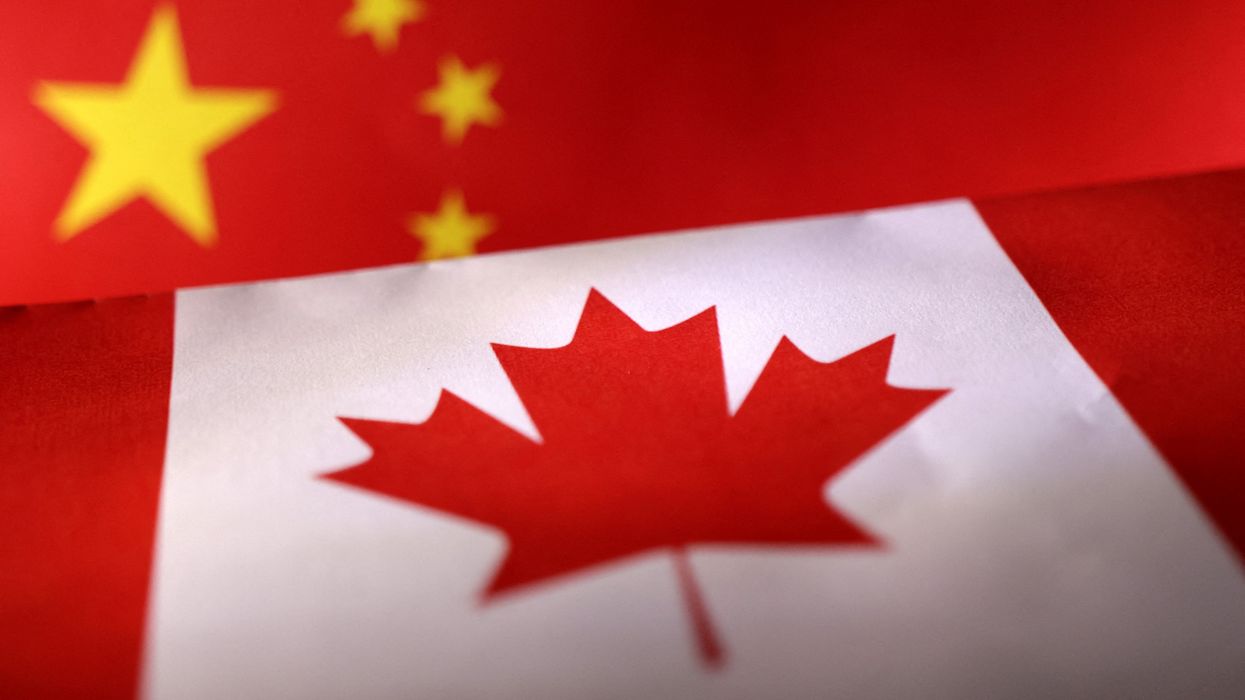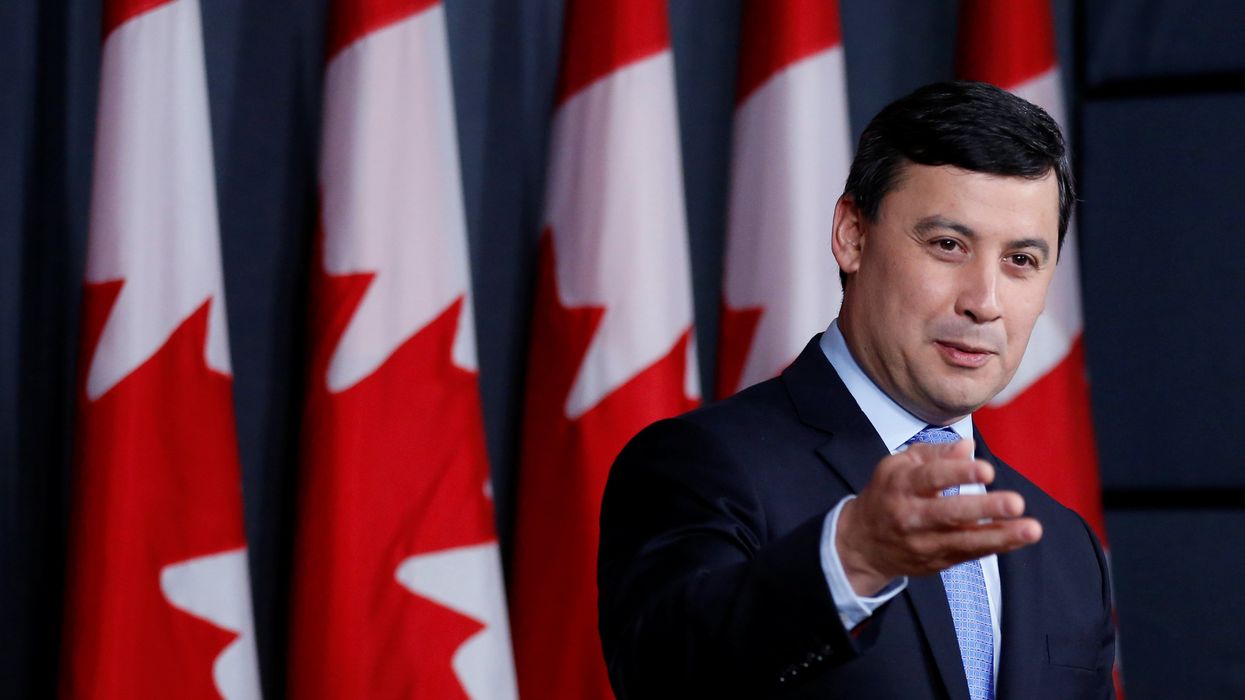GZERO North
Canadian foreign minister heads to China amid tough tariff talk
Canadian Foreign Affairs Minister Mélanie Joly made a surprise visit to Beijing on Thursday as Canada and the United States are both considering new barriers to trade with China.
Jul 18, 2024
